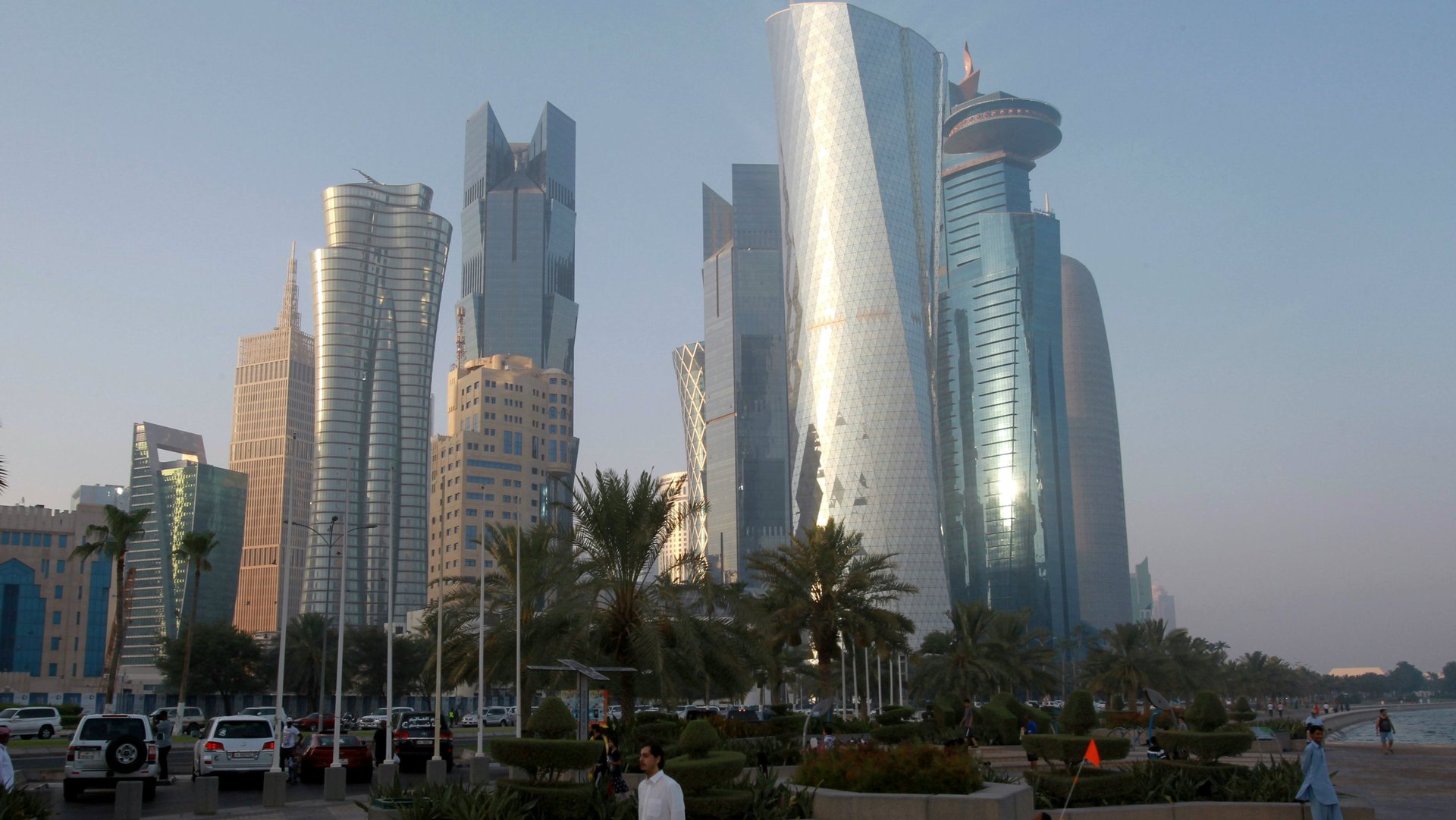OPEC is losing one of its oldest members
OPEC, the once-mighty oil cartel, has lost one of its oldest members in the midst of a deep slump in oil prices. The energy minister of Qatar announced today (Dec. 3) that the country will withdraw from the group at the start of next year to focus on natural gas production instead.


OPEC, the once-mighty oil cartel, has lost one of its oldest members in the midst of a deep slump in oil prices. The energy minister of Qatar announced today (Dec. 3) that the country will withdraw from the group at the start of next year to focus on natural gas production instead.
Qatar’s move is partly symbolic. While oil prices suffered their worst month in a decade in November, the country isn’t a large producer of oil; its output was less than 2% of OPEC’s total in the third quarter. And it’s already the world’s largest exporter of liquified natural gas, which has made it one of the richest countries in the world with the second highest GDP per capita.
Still, the move may have political ramifications. Energy minister Saad al-Kaabi said it didn’t make sense for Doha “to put efforts and resources and time in an organization that we are a very small player in and I don’t have a say in what happens.” That comment sounds like a jab at Saudi Arabia, the de facto leader of the cartel. Saudi Arabia is currently leading a blockade—supported by the United Arab Emirates, Bahrain and Egypt–against Qatar for allegedly backing terrorist groups. Last year, the nations cut diplomatic ties with Qatar and imposed sanctions. Qatar has also been beefing up its military (paywall) in the face of escalating tensions with its neighbors.
Qatar joined OPEC in 1961, one year after its founding members—Iran, Iraq, Kuwait, Saudi Arabia, and Venezuela. There are now 15 members. A few countries have left in the past, though some have rejoined. The most recent to leave was Indonesia in 2016, after it become a net importer of oil.
Qatar announced its intention to leave OPEC just a few days before an important meeting of the cartel in Vienna. In the past two months, oil prices have plunged about 30%. The price has bounced back a little in the past few days above $60 a barrel after Saudi Arabia and Russia, which isn’t a member of OPEC, agreed to extend into 2019 their deal to manage the oil market. At the meeting on Dec. 6 and 7, its widely expected that the member nations will agree to a production cut, which should quell concerns about a global supply glut and boost prices, but such informal agreements are vulnerable to breaking down.
The Qatari decision is another reminder of one of OPEC’s biggest problems: an inability to show unity. A few years ago, disunity and the message it sent to traders was partly responsible for a rout in oil prices, which fell from $100 a barrel to $30 and spurred recessions in some OPEC countries. When prices have plummeted, the OPEC nations haven’t always agreed on a path forward. Without a coherent production plan price slumps have worsened and badly affected the finances of some of OPEC’s more vulnerable members, such as Venezuela and Nigeria.
For example, OPEC’s power and influence has also been sharply curtailed by the US shale industry, which is now a bigger producer than Saudi Arabia and Russia. From 2014 to 2016, Saudi Arabia had allowed oil prices to fall in order to squeeze US suppliers out of business. But poorer OPEC nations that had budgeted for higher prices were hurt by this approach. In the end, Saudi Arabia supported an oil production cut, which many saw as a sign that their plan had failed.
Qatar is still planning to attend this week’s meeting.